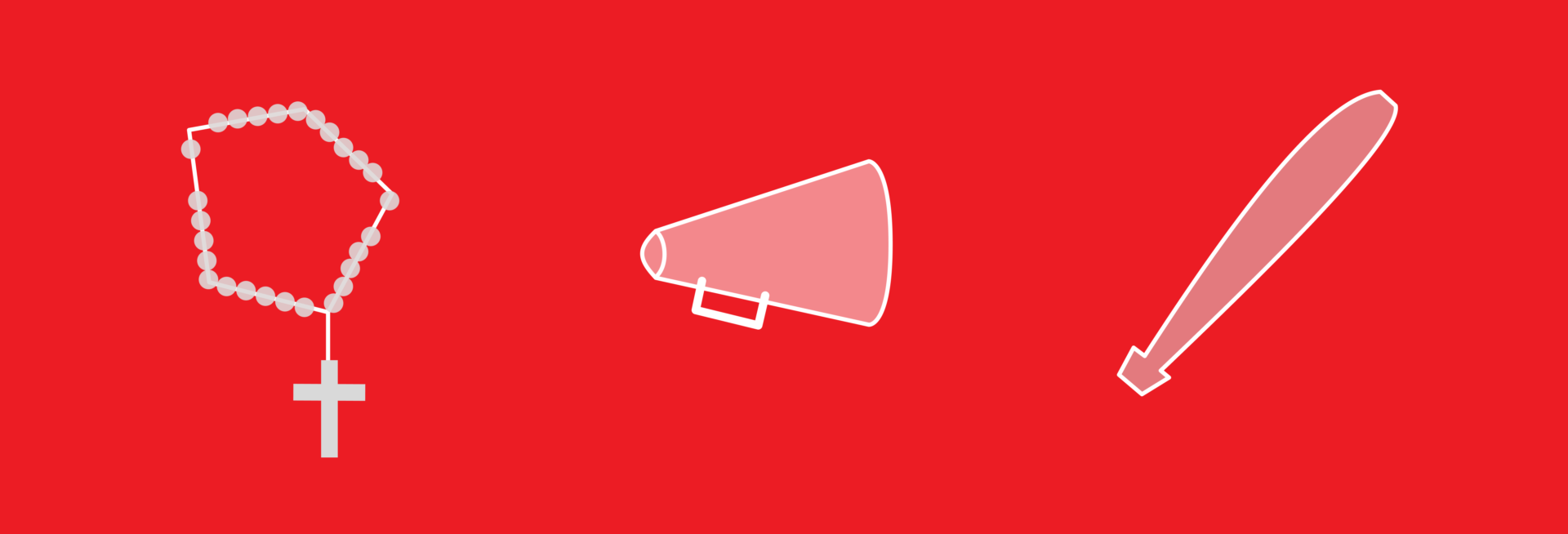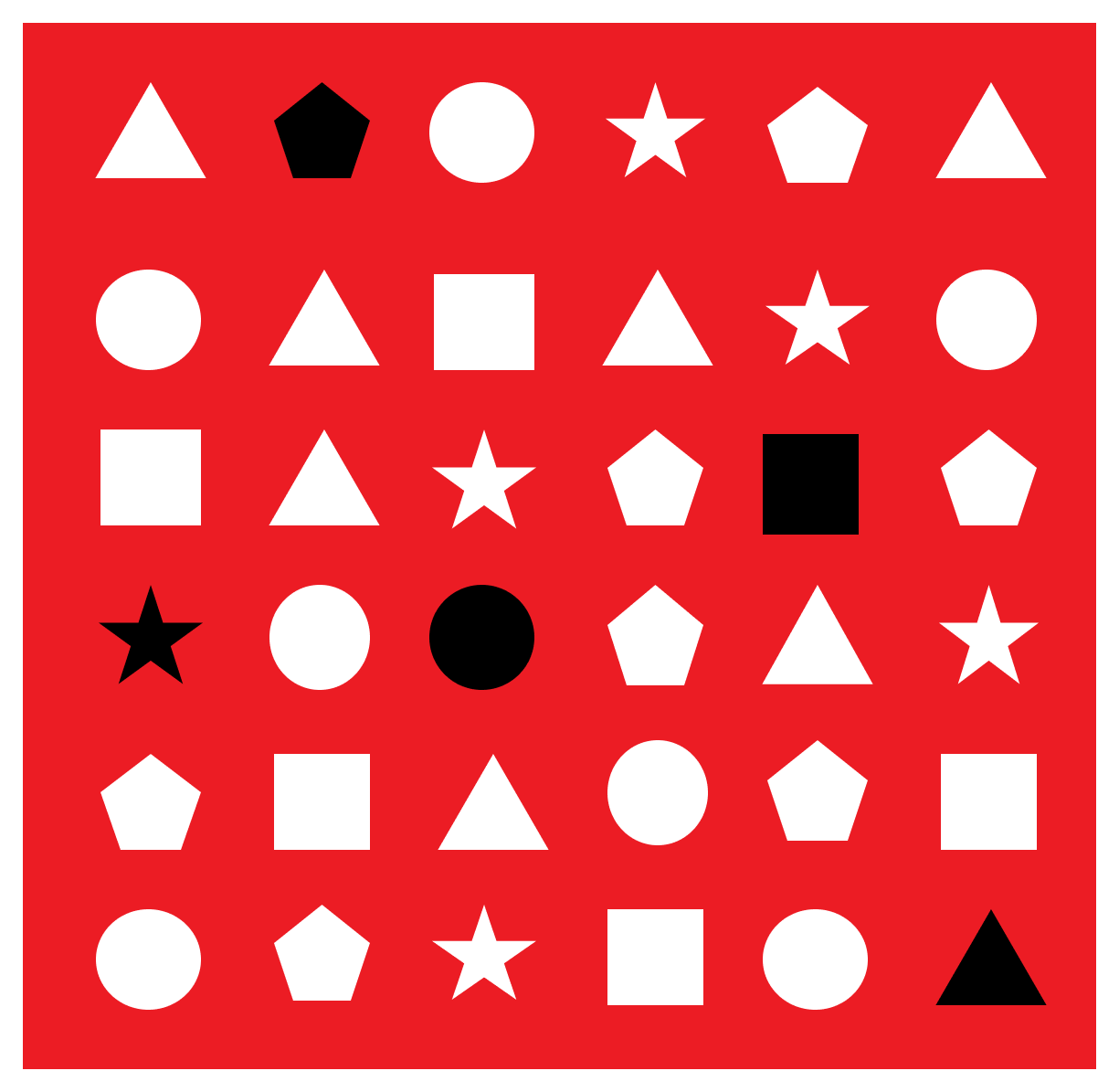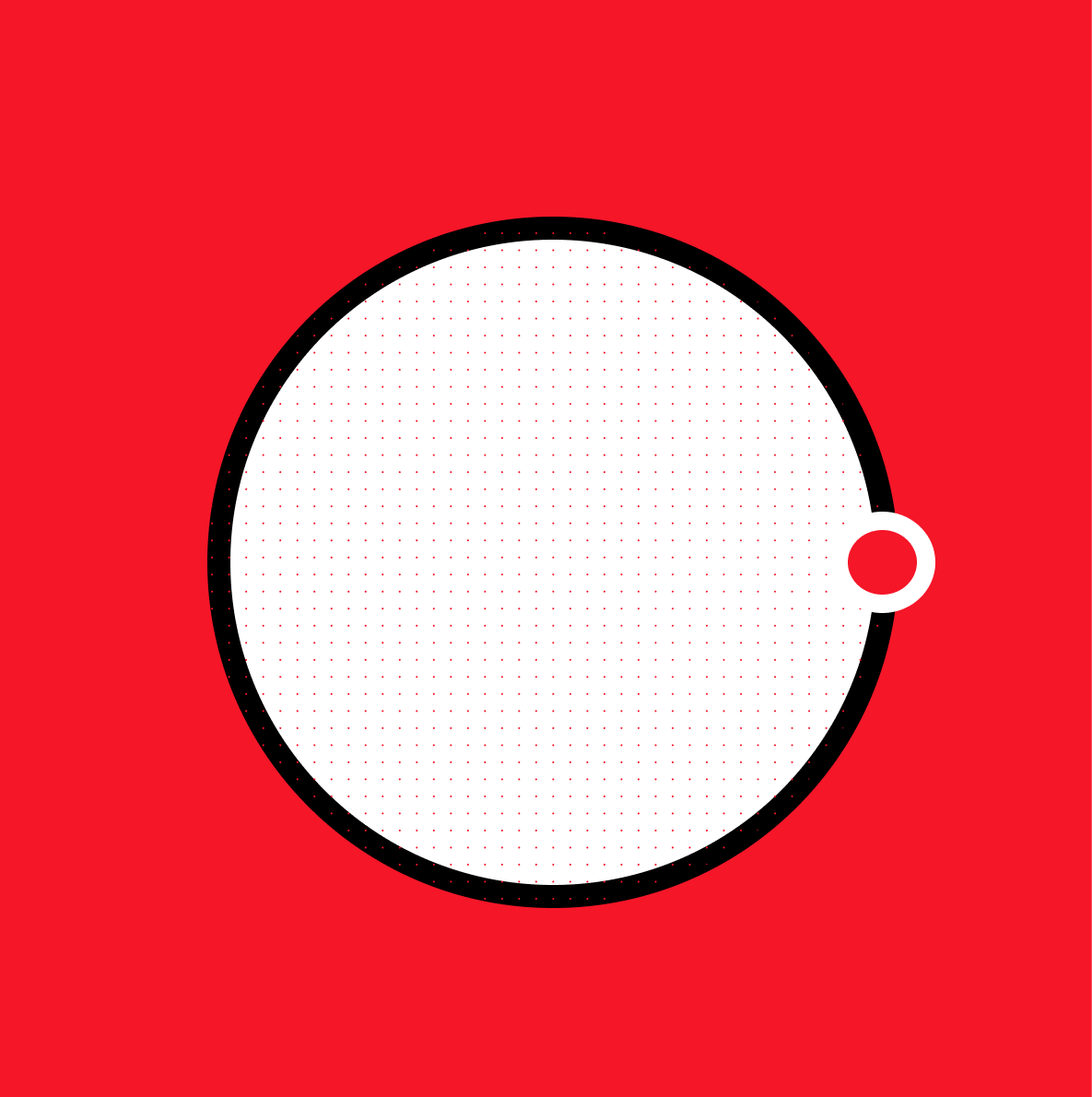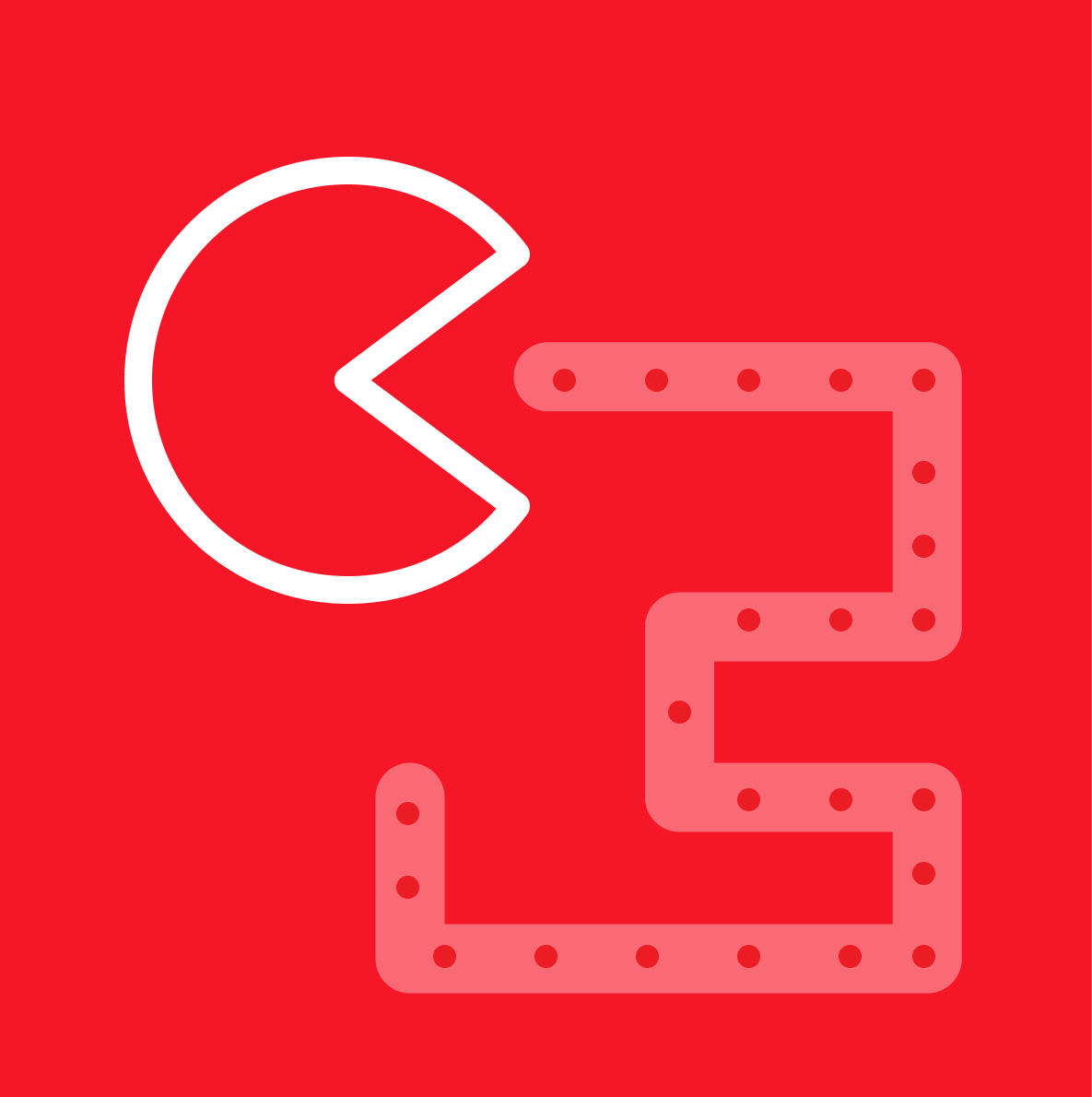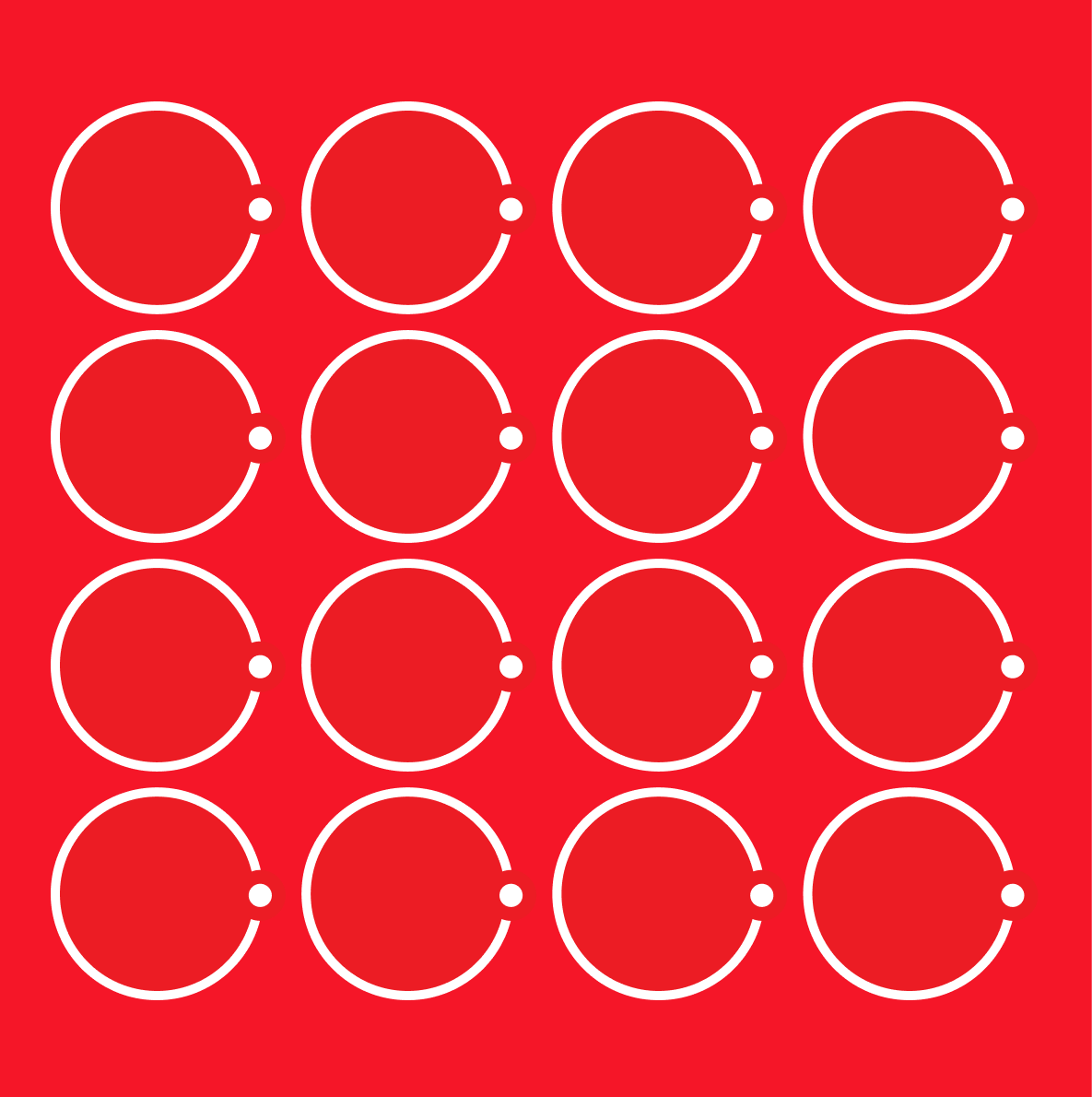It takes a special kind of person to kickstart your (digital) transformation project. Monogon brings together a number of character traits and skills that we believe are the perfect combination for success.
Anatomy of a Monogon consultant
A diligent Monk
The devil is in the details. This is especially true for your transformation projects.
Taking a step back takes patience. Mapping process requires diligence. Designing future operating models requires attention to detail. Between interviews and workshops, many solitary hours are spent analyzing and processing information.
Although we prioritize redesigning organizations where the impact is highest, we know that a successful implementation hinges on solid groundwork. There is no point in accounting for every eventuality, but make sure to get to the bottom of the things that really matter.
An eloquent Preacher
An organization without a vision is like a ship without sails. It drifts aimlessly.
It requires a preacher-like mentality to provide a transformation project with direction. It is through vision, eloquence and solid communication skills that people are empowered, feel involved and are bought-in to the future state.
We will preach a highly ambitious, yet attainable future state for your organization. It’s an anchor from where we can work backwards on a roadmap to achieving the desired state. We believe that if you aim for 60 you’ll land at 50. But if you aim for a 100, you can get to 90.
A no-nonsense Leg breaker
Shake up the status quo before your competition does it for you.
Realizing tangible change is probably one of the main reasons you’re embarking on a transformation project. But to question existing believes, debunk long-held assumptions and break down the siloes in your organization requires a special type of person. Confident, no nonsense and not afraid to ask tough questions
We bring many years of experience in finding the sweet spot between rocking the boat and sinking the ship. Depending on whether change is what you crave, you’ll either love us or you’ll hate us. And that’s okay!
The toolbox
At the disposal of a Monogon consultant is a set of tools and skills developed and honed over the course of many years of client work.
Discovery workshops
If the project’s objectives (and even corporate strategy or vision) are not clear at the start of the project, a discovery workshop can help capture and consolidate objectives of the different key stakeholders. If the objectives are clear, this type of workshop works well to align individual objectives with the project’s goals and to build buy-in from the very start.
One-on-one interviews
Speaking to individuals in different job functions and at every level of hierarchy in the organization is key to getting a holistic understanding of the organization. These type of interviews help map out current processes and pain-points, but also give an indication as to how well activities are understood in the grander scheme of things, as well as illustrate disconnects between boardroom objectives and shop-floor activities, and vice versa.
Surveys
Once the right questions have been identified during the earlier steps of the project and the interviews, surveys are a useful tool to scale up information collection, provide quantitative data and allow all employees to feel like their voice was heard.
Focus groups
Useful for taking a deeper dive into the underlying rational of both internal and external stakeholders. Focus groups
Existing documentation
A wealth of information can be found in existing documentation. As much as possible, we avoid reinventing the wheel. While still being critical, leverage existing documentation to speed up the learning curve to get to know your business.
Observation and shadowing
Pain-points may be hard to articulate or may not even be understood as pain-points or areas of improvement. Therefore, observing the atmosphere, dynamics and environment in which work takes place as well as shadowing certain processes provides useful insights that other methods would have overlooked. This is also particularly useful for observing the behavior of customers.
Data analytics
People, process and technology ultimately manifest themselves through data. Therefore, data analysis is a powerful tool to identify underlying problems.
Desktop research
Find case studies from comparable organizations, industry white papers, standard ERP/CRM processes and a variety of management books.
Expert interviews
Find people who have already gone through a similar situation, either inside your organization, either as a vendor or a consultant. There’s a lot of knowledge out there, don’t try and reinvent the wheel.
Principles of BPR
The principles outlined by Harvard professor Michael Hammer in his 1990s article “Don’t automate, obliterate” are a helpful tool to understand how to rethink processes. You can find some examples of how we’ve applied this these principles with our clients here.
Workshops
This is the preferred method to make sure that every (key) stakeholder has a forum to let their voice be heard. Much thought and preparation should go into making sure that workshops create a safe, creative and collaborative environment.
Mock-ups and proof of concepts
Seeing is believing. To most people, especially those involved in day-to-day work, models of processes, systems and organizations are too abstract. Mock-ups are particularly useful to visually convey what a future state would look like to customers and staff, while proof of concepts are more sophisticated
Experiments
Carefully designed (though pseudo-scientific) experiments allow processes, systems or organizational models to be tested at a small, isolated scale. The results should be carefully benchmarked against a control group to draw conclusions from. Nevertheless, data is a very compelling way to get buy-in from senior stakeholders.
Project Management
Discovery, analysis and design are at risk of becoming shelf-ware if we’re unable to translate a vision into action. A Monogon consultant is both a high-level thinker, as well as a go-getter with excellent project management skills. Where required, we help our customers structure project governance models, set up work streams with individual charters and design prioritized roadmaps with detailed action plans.{.}

